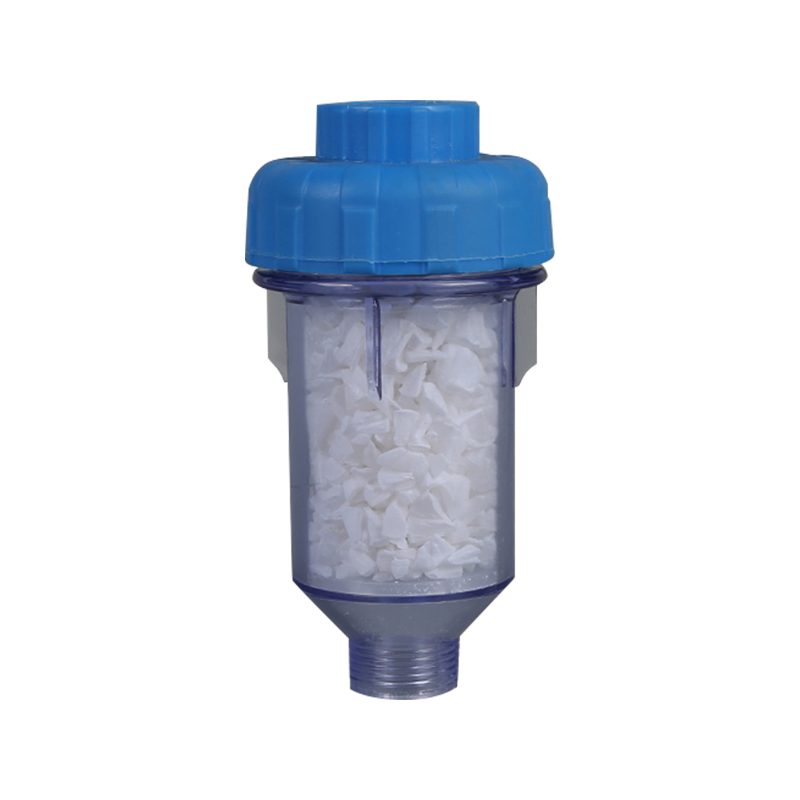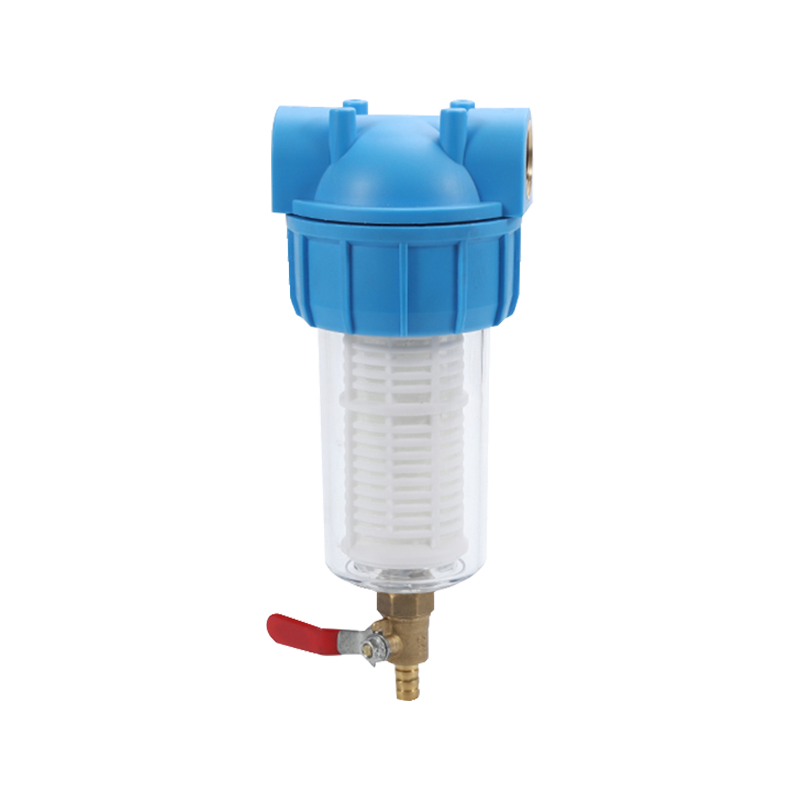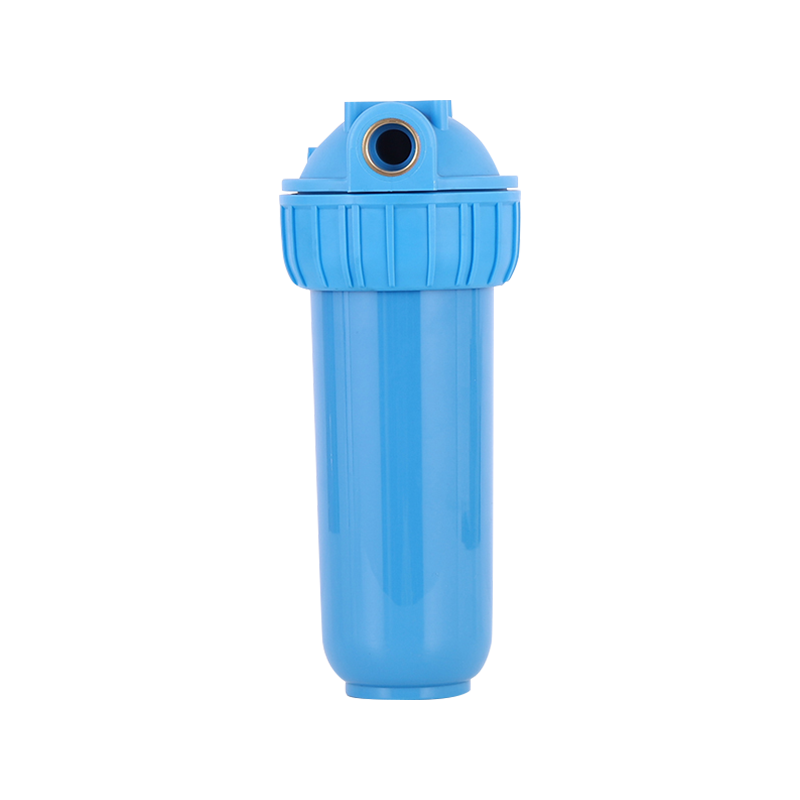The core highlight of this filter is its built-in silicone sheet filter layer. As a high-performance elastic material, silicone has high-temperature resistance, aging resistance, corrosion resistance,...
See Details [email protected]
[email protected] +86-18857088392
+86-18857088392 No. 1, Guihua 'an Road, Qinggang Xiaohu Family, Mushan Town, Yuyao , Zhejiang, CHINA
No. 1, Guihua 'an Road, Qinggang Xiaohu Family, Mushan Town, Yuyao , Zhejiang, CHINA
What Factors Should You Consider When Choosing a Water Filter for Your Home?
Industry News-When choosing a water filter for your home, it is important to consider several factors to help you find the best device to ensure the best water purification effect. You need to understand the quality of your tap water at home. You can check the water quality report of your local water company or test the water quality yourself. It is crucial to understand the contaminants contained in the water, which can help you choose the water filter that best suits your needs. Common water contaminants include chlorine, heavy metals (such as lead and mercury), bacteria, viruses, sediments, etc. Once you understand these contaminants, choose a water filter that can effectively remove these contaminants.
When choosing a water filter, filtration technology is a very important consideration. Water filters have a variety of different filtration methods, and each method has different filtration effects. For example, activated carbon filters can remove chlorine, odors, and improve the taste of water, which is ideal for families who want to improve the taste of drinking water; while reverse osmosis (RO) filters can remove a variety of contaminants, including heavy metals, salts, and dissolved solids, which is suitable for families who need higher water quality; ultraviolet (UV) filters are used to eliminate bacteria and viruses, which is suitable for families who are concerned about microbial contamination in the water; ceramic filters can effectively remove contaminants such as bacteria, sediments, and vesicles. You need to choose the right filtration method based on the results of your home water quality test to ensure that the water quality is safe and healthy.
Another important factor is the flow rate of the water filter and the amount of water your family uses. If the flow rate of the filter is too slow, it may affect the convenience of your daily water use, especially if your family uses a lot of water. Therefore, it is important to consider your family's daily water consumption when choosing a water filter. Make sure the filter you choose can meet your family's needs without affecting the water flow.
The capacity and lifespan of the water filter are also factors to consider. Different filters vary in the amount of water they filter, and some filters may have a lifespan of a few months, while others can last for years. When purchasing, you need to confirm that the filter capacity can meet your family's use needs and consider the cost and frequency of later replacement of the filter.
The installation and maintenance of the water filter are also something to consider. Some filters are very simple to install and can be easily done by yourself; while other types of filters may require professional installation. At the same time, some filters require high maintenance and need regular cleaning or replacement of parts, while others are relatively low maintenance. Depending on your lifestyle, choosing a filter that is easy to install and maintain will make your use experience smoother.
When considering the cost of a filter, consider not only the initial purchase cost, but also the maintenance costs. Some filters have a higher initial investment, but they have a longer filter lifespan and may ultimately save long-term costs. Some cheaper filters may have a lower initial price, but they require frequent filter changes, which may increase long-term expenses. Consider the overall cost-effectiveness when choosing a water filter.
The size and installation space of the water filter are also factors to consider. Some water filters are large and require a certain amount of space, while others are more compact and can be installed on the kitchen counter or under the sink. Choosing the right filter model based on the space available in your home can avoid installation difficulties caused by insufficient space.
Water filter certifications and standards should also not be ignored. Choosing filters that are certified by NSF International or the Water Quality Association (WQA) can ensure that they meet the specified contaminant removal standards and performance requirements. Certification not only guarantees product reliability, but also enhances the user's sense of trust.
The taste and odor of water are often affected by contaminants such as chlorine and sulfur. If you are particularly concerned about the taste and smell of water, you can choose filters that are specifically designed to improve the taste of water. These filters usually have the function of improving taste and removing odors, so that you can drink more refreshing and healthy water.

 English
English русский
русский Español
Español عربى
عربى 中文简体
中文简体
 >
> >
> >
> >
> >
> >
> >
> >
>
